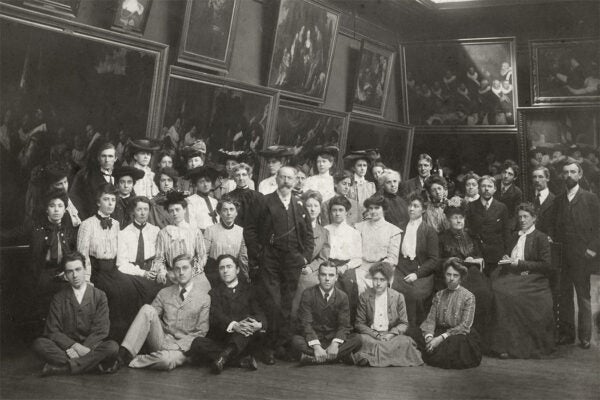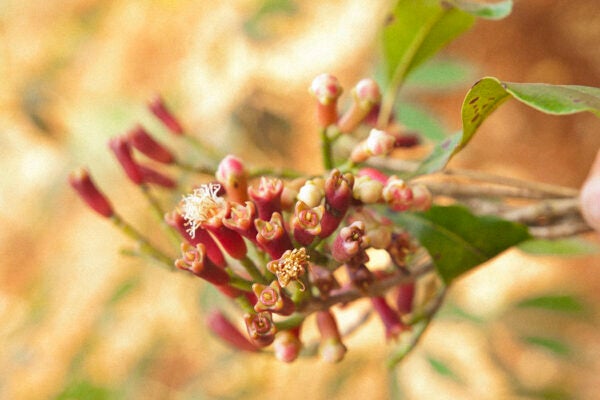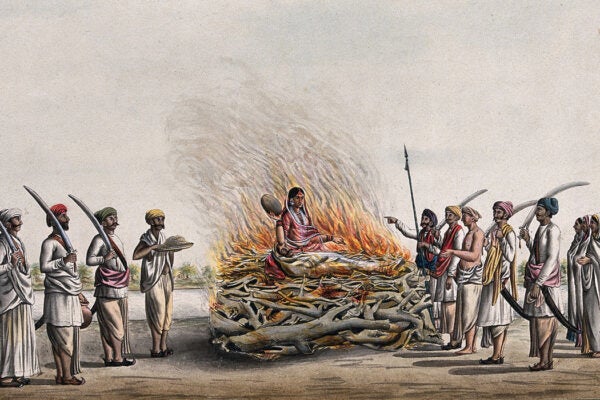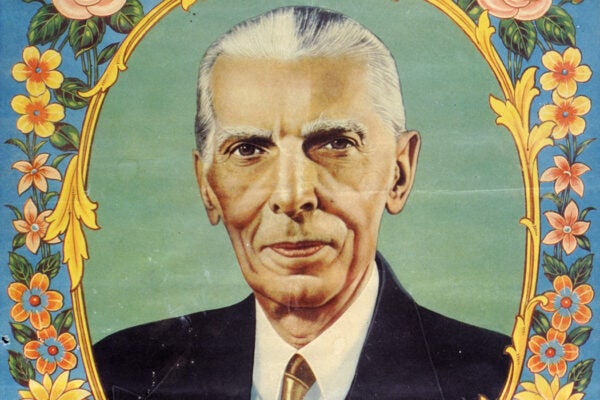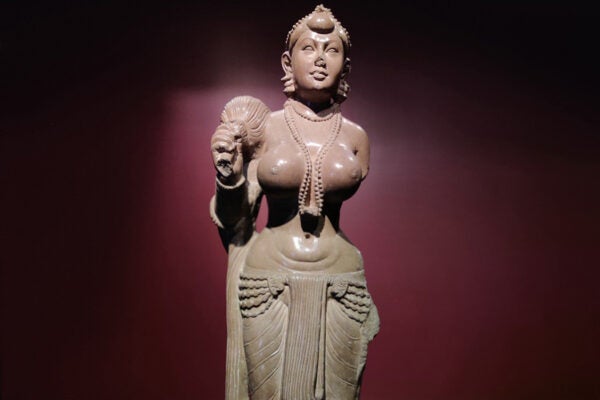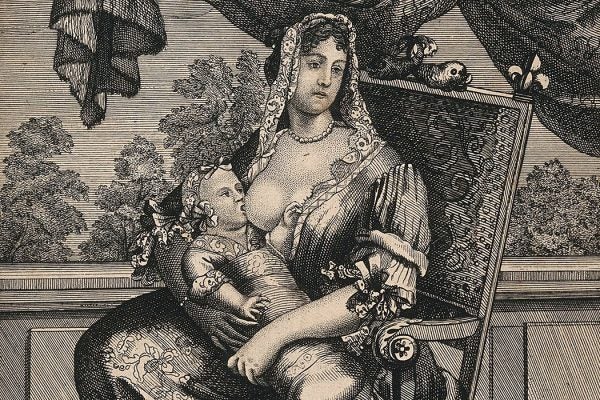How Libraries Stand the Test of Time
The digital era builds upon millennia of librarianship as humans strive to preserve our cultural heritage.
William Merritt Chase, the Accidental Ally
Painter William Merritt Chase opened an art school for a new generation of women, teaching them how to draw as well as how to advocate for themselves.
Cloves: The Spice that Enriched Empires
Behind one humble spice lies a complex history of empires and profit, commodities and globalization.
The Deep Roots of Mughal Tolerance
Under Akbar, the Mughal Empire instituted a policy known as sulh-i kull, which called for amicable reconciliation and tolerance toward all religions.
Women in the Vijayanagar Empire
According to legend, a woman played a central role in the founding of the Vijayanagar empire. But what was it really like to be a woman in India’s medieval era?
Pakistan’s Ambiguous Islamic Identity
Pragmatism, not faith, drove Muhammad Ali Jinnah to lead the call for the founding of the new Islamic state of Pakistan.
The Unique History of the Meo Tribes of Mewat
The Meos are singled out as cow slaughterers by vigilantes, but their heritage combines Hindu cultural practices—including raising cattle—with the Islamic faith.
The Didarganj Figurine: A Yakshi or a Ganika?
Could we be wrong about the identity of this celebrated stone sculpture from ancient India?
Pearl Jam
In the twentieth century, the mollusk-produced gem was a must have for members of WASP gentility. In the twenty-first century, its appeal is far more inclusive.
How Wet-Nursing Stoked Class Tensions
“[N]o man can justly doubt, that a childs mind is answerable to his nurses milk and manners.”

